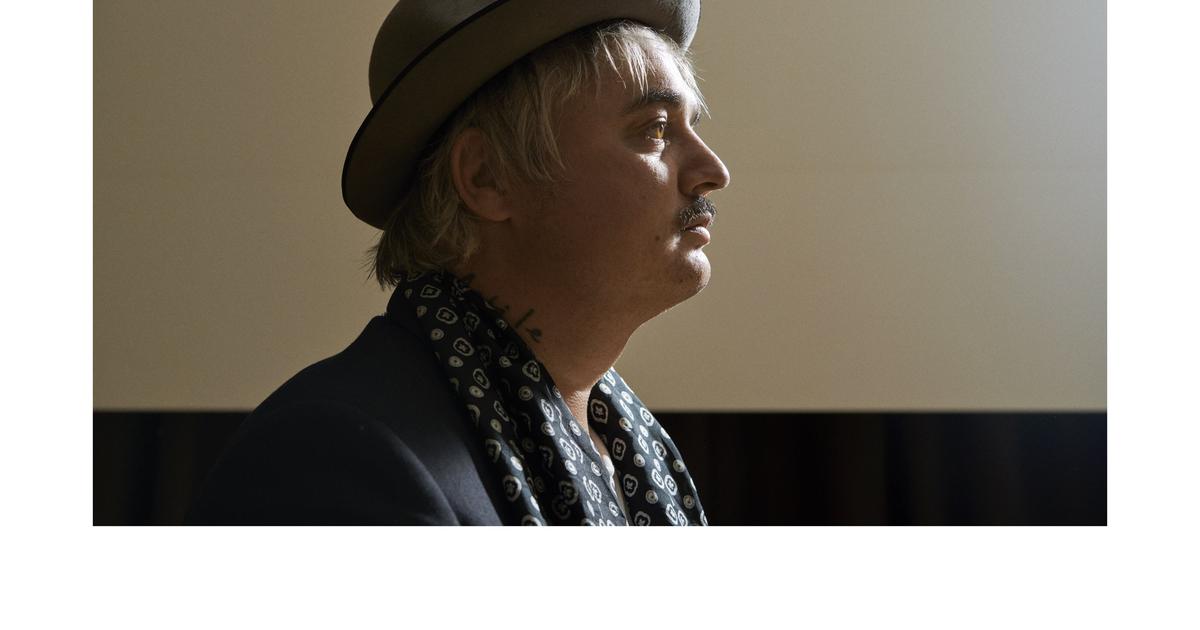Pedagogue translates: What children say - what they actually mean
Created: 08/16/2022, 12:00 p.m
By: Judith Brown
Expressing feelings is still difficult for children.
Education expert Katia Saalfrank therefore advises parents to sense the needs of the little ones.
As children first have to learn to communicate their feelings and needs, they do this in a different way at first.
For example, the little ones cry when they are either in pain or simply dissatisfied.
Parents then need practice in recognizing and correctly interpreting the difference in the baby's crying.
Likewise, they must learn to understand hidden messages from toddlers.
Because according to the former RTL super nanny and teacher Katia Saalfrank (50), children don't want to stress or annoy their parents if they refuse something, for example.
On the contrary, they often express their love in this way.
Parenting: what children say and what they actually mean
If children refuse to go to daycare, they do not want to stress their parents.
On the contrary.
(Iconic image) © Mareen Fischinger/IMAGO
"In the hectic everyday life, parents most often misunderstand the hidden love messages of their children in moments when they are stressed themselves," Saalfrank explains to
Focus Online
.
This can already be in the morning, when children are whining and holding up "everyday life" because they absolutely don't want to go to daycare.
Or they wish to be carried on their way home in the afternoon or for mum to make their bread for them in the evening, although they have long been able to do it themselves.
Parents then often only see an additional effort and effort, according to the parenting expert.
However, they often ignore what their children actually want to tell them.
However, when children say the following, their demands are actually hiding messages of love:
What children say: | What children think: |
can you put the jacket on me? | I like it when you're close to me - can you put my jacket on? |
you shall carry me | I want to be very close to you and feel you - you should carry me. |
I don't want to go to daycare today. | I want to be with you - I don't want to go to daycare today. |
I want to play with you. | I want to spend time with you - I want to play with you |
I don't want to grease my bread myself. You should do this! | It's wonderful to be taken care of by you - I don't want to spread my bread myself. You should do this! |
Children seek love and reassurance from their parents
Most of the time, when children behave like this, they want nothing more than the attention of their parents.
"When children ask us for support, for example with shoes, a jacket or other supposedly banal activities that they could also do themselves, they also fill up emotionally," explains Saalfrank and continues: "Because in support with Getting dressed or eating, tidying up or doing homework are all about contact and attention to one another and interest in one another and also the message, 'You are important to me'." Ultimately, the little ones need this reassurance and form of attachment because it gives them security and that feeling that they are valuable and loved.
You can find even more exciting health topics in our free newsletter, which you can subscribe to right here.
Parenting: How parents can “read” their children correctly
According to Saalfrank, it helps parents to be “present in the here and now” so that they can classify their children’s behavior correctly.
Because only when parents are in contact with themselves can they feel when they look into their children's eyes that they want to convey a hidden message with their behavior and "that it is about more than assistance and activity".
So it's about sensing what children want to express at certain moments and responding to their longing for affection and attachment with a gesture or a sentence.
This can strengthen the bond between parents and child.
The child also feels safe and gets the feeling that they can rely on mom and dad.
However, the parenting expert warns that parents, such as so-called helicopter parents, should constantly circle around their children or, like lawnmower parents, should take everything away from them.
In addition to the need for attachment, children also strive for independence and autonomy.
"Therefore: Whether I help my child completely into the jacket or just notice that my child just wants to fill up his heart and react to it, for example with: 'Oh, you want me to help you.
Try the jacket again myself, I've got my hands full right now.
But then I'll be with you when it comes to the shoes', both are characterized by affection and contact."
This article only contains general information on the respective health topic and is therefore not intended for self-diagnosis, treatment or medication. In no way does it replace a visit to the doctor. Unfortunately, our editors are not allowed to answer individual questions about clinical pictures.












/cloudfront-eu-central-1.images.arcpublishing.com/prisa/KMEYMJKESBAZBE4MRBAM4TGHIQ.jpg)


